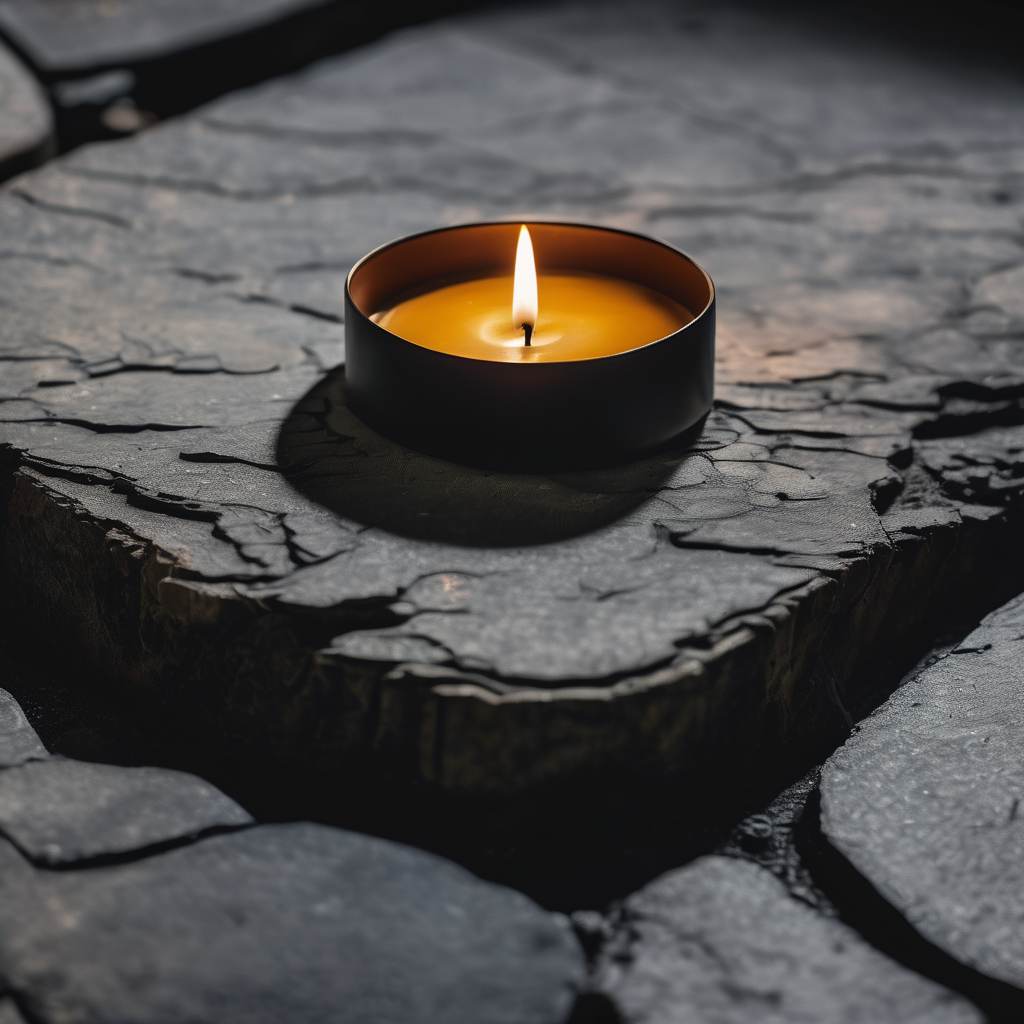Cody Balmer, a 38-year-old man, pleaded guilty in court to a range of charges including attempted murder and terrorism in connection with the firebombing of the Pennsylvania Governor’s mansion in Harrisburg. The incident, which took place on April 13, caused extensive damage to the state-owned building, particularly destroying the dining room just hours after Governor Josh Shapiro and his family had hosted a Passover seder.
The Dauphin County District Attorney’s Office released surveillance footage recently showcasing the moments leading up to the arson. According to police, Balmer breached the mansion’s security by jumping a fence, breaking windows, and throwing homemade Molotov cocktails crafted from beer bottles filled with gasoline. Thankfully, no one was harmed during this midnight attack, as the Shapiro family was asleep upstairs.
As part of a plea agreement, Balmer was sentenced to 25 to 50 years in prison, with the possibility of parole only after April 13, 2050. The attack was fueled by Balmer’s grievances regarding Shapiro’s stance on the ongoing conflict in Gaza. In a startling confession to a 911 dispatcher, Balmer asserted that he aimed to convey his disapproval of Shapiro’s political views, stating, “He will not take part in his plans for what he wants to do to the Palestinian people.”
Court documents reveal that Balmer had intended to confront Shapiro with a small sledgehammer had he encountered him during the break-in. His statements and actions have raised concerns regarding his mental health, with his mother indicating that despite her attempts to seek help for him, he had not received the necessary support. After the attack, Balmer expressed remorse for his actions, acknowledging the potential for harm to children, although he remained elusive on the motivations behind targeting the governor.
The governor’s mansion, built in 1968, is currently undergoing repairs and security enhancements. As authorities work to address the aftermath of this shocking attack, the case brings to light significant conversations around mental health issues and political outrage, underscoring the importance of seeking help before such drastic actions are taken.
This incident serves as a reminder of the need for awareness and understanding, as communities grapple with rising tensions and the consequences of extreme actions. The hope remains that this tragic event spurs a broader dialogue about mental health support and conflict resolution in politically charged times.
